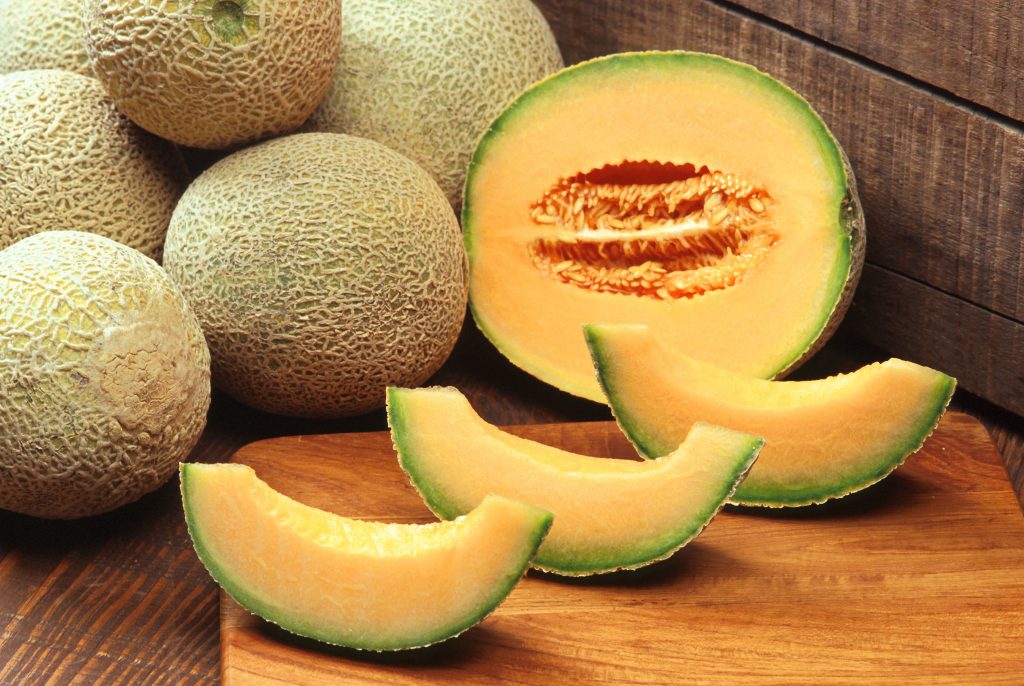Researchers land $4.4 million grant from USDA to improve melon safety

Image: Wikimedia Commons
More than $4.4 million is being funded to discover ways to improve the U.S. melon industry through a grant to scientists with Texas A&M AgriLife Research and in seven other states.
The monies, provided by the U.S. Department of Agriculture’s National Institute of Food and Agriculture, were part of $35 million given to 12 projects to find “science-based solutions and new technology for the specialty crop industry.”
The four-year project, “A Sustainable, Systems-based Approach for a Safer and Healthier Melon Supply Chain in the U.S.,” will be led by Bhimu Patil, director of AgriLife Research’s Vegetable and Fruit Improvement Center in College Station. It is believed to be the largest grant ever awarded within the Texas A&M University horticultural sciences department, where Patil is also a professor.
Since 1990, cantaloupes have been associated with 36 U.S. foodborne disease outbreaks and pathogen-based recalls predominantly linked to salmonella.
The research will focus on cantaloupe and honeydew, Patil said, because the surface area of these fruits are such that they are harder to wash and thus pathogens can accumulate on the outside and contaminate the flesh when cut.
But cantaloupes also have a lot of healthy aspects for consumers and a lot of resistance to disease while growing in fields, he said.
“We are interested in developing varieties based on consumer needs,” he said. “And we have more than 20 scientists in seven states collaborating to make this happen.”

